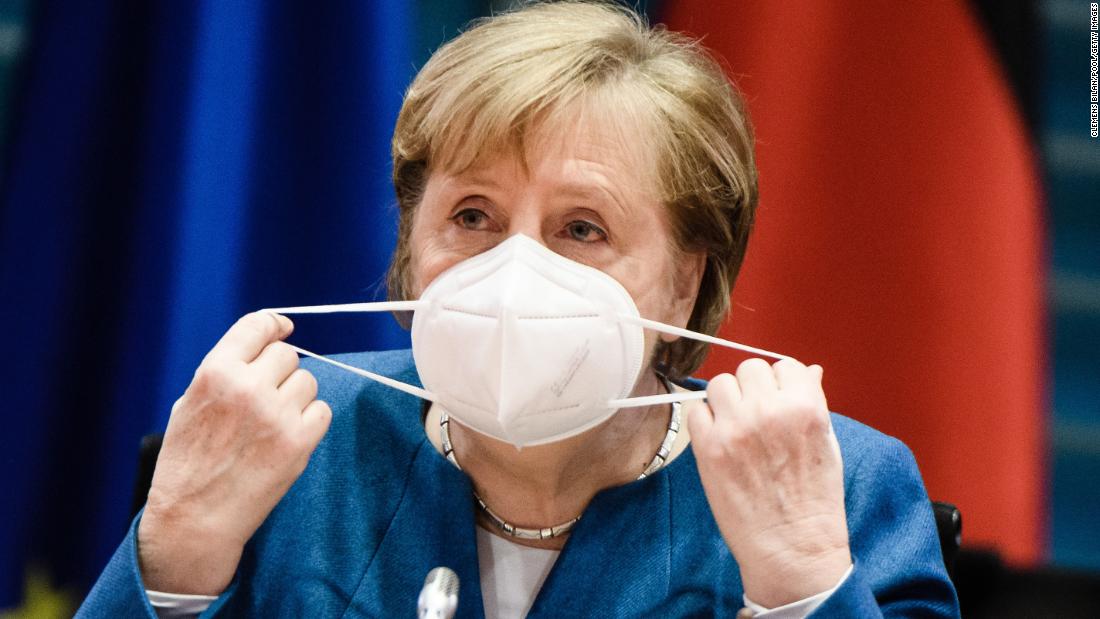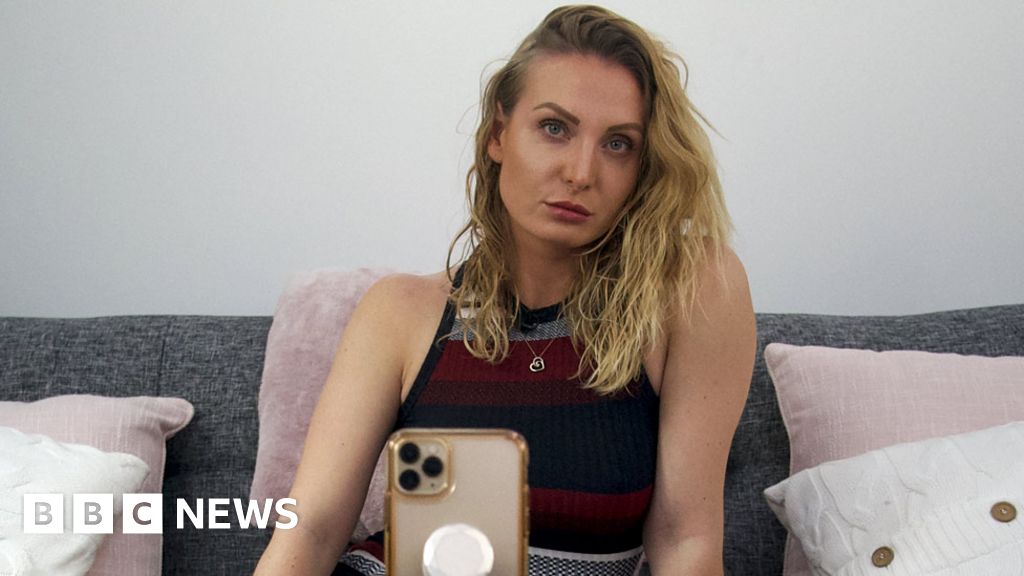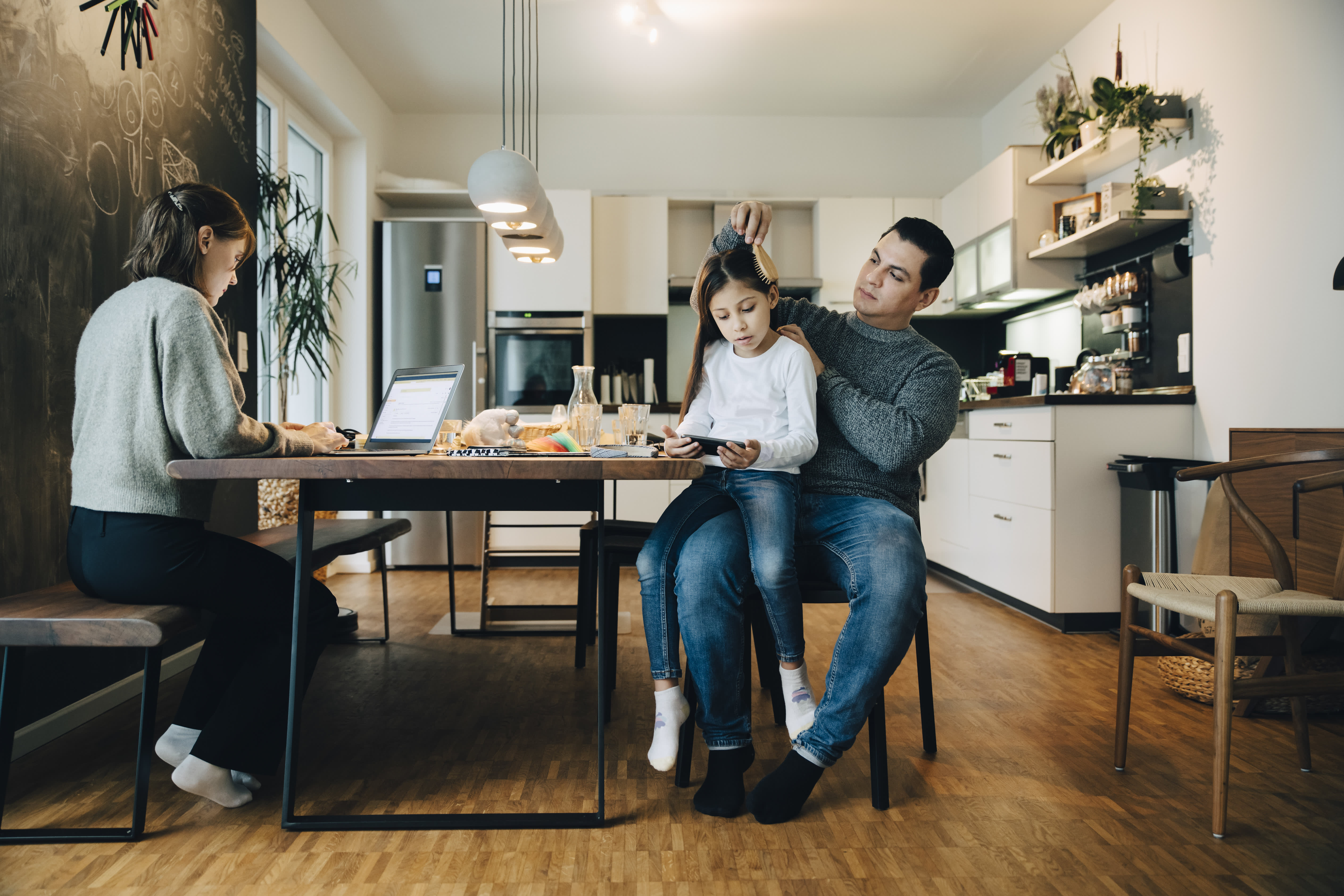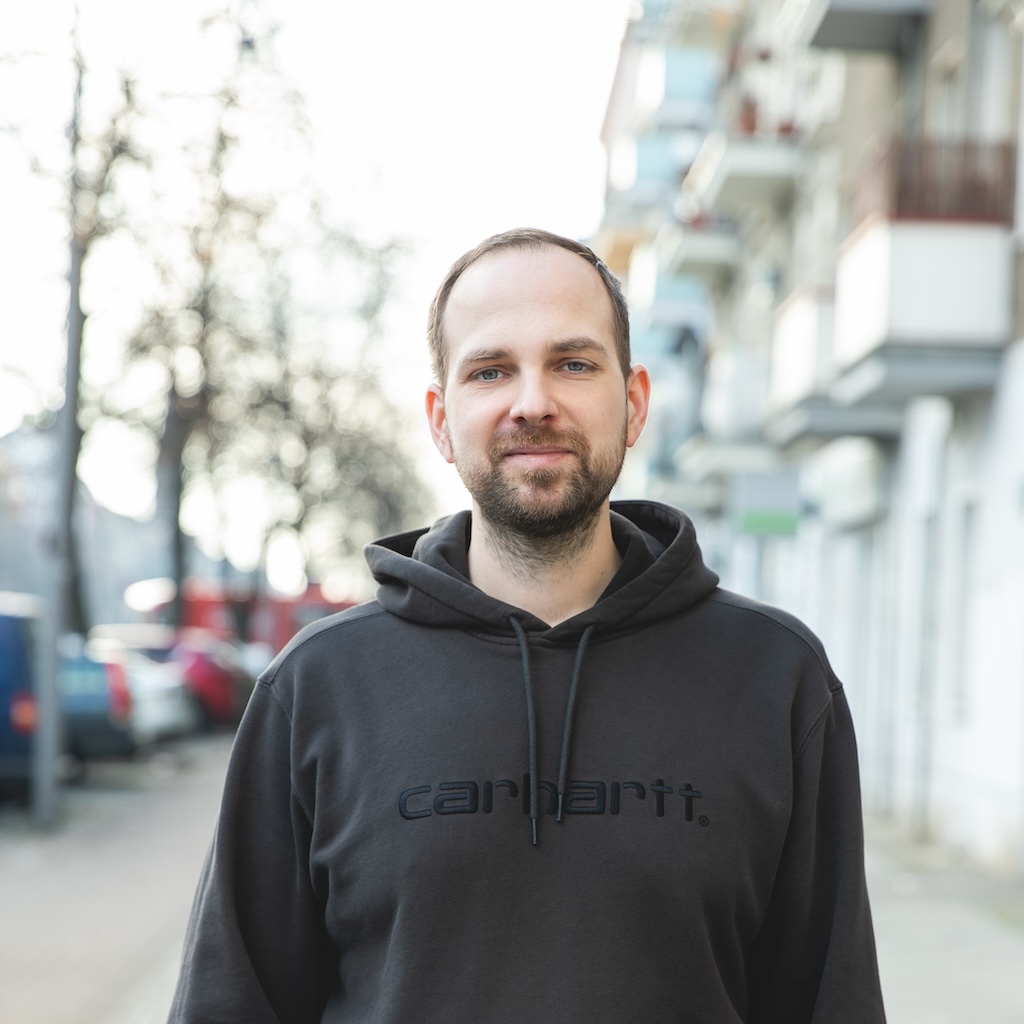How gentrification reproduces racial inequality
Gentrification—the socioeconomic upgrading of previously low-income neighborhoods—has spread to more cities and more neighborhoods over the last two decades. It has increasingly ignited opposition around how it displaces poor residents out of their once-neglected neighborhoods.
Nearly all studies, including our own, that track poor residents living in gentrifying neighborhoods find that they do not move out of their neighborhoods—in general or involuntarily—substantially more than those living in low-income neighborhoods that don’t gentrify. Instead, most of the demographic changes in the neighborhood are due to the changing demographics of who is moving into neighborhoods rather than who is moving out.
The answer is no. How it affects where poor movers go, rather than whether poor people move, uncovers how gentrification reproduces racial inequality.
Our research published in the American Journal of Sociology shows how gentrification leads to unequal residential outcomes for poor residents by race, even without increasing the likelihood that poor residents will move. These consequences reproduce racial inequality in the quality of neighborhoods that people live in.











:quality(70)/cloudfront-us-east-1.images.arcpublishing.com/cmg/L4IGXEIABZHX7GJ3YYEM5NE35M.jpg)










